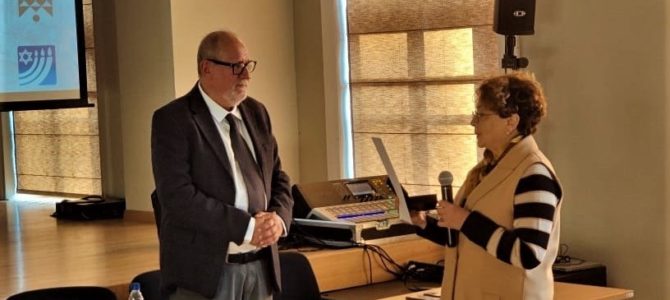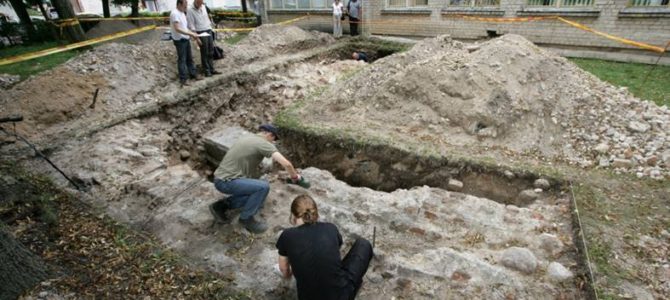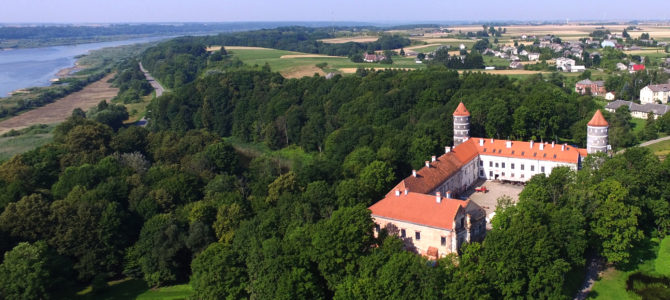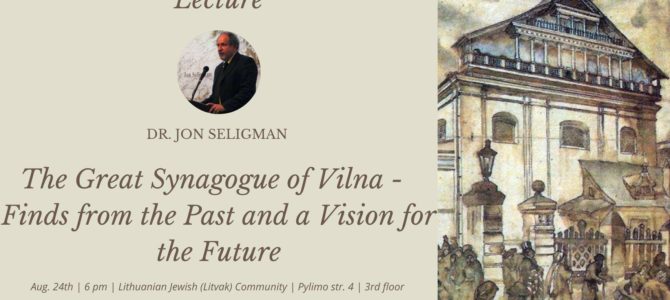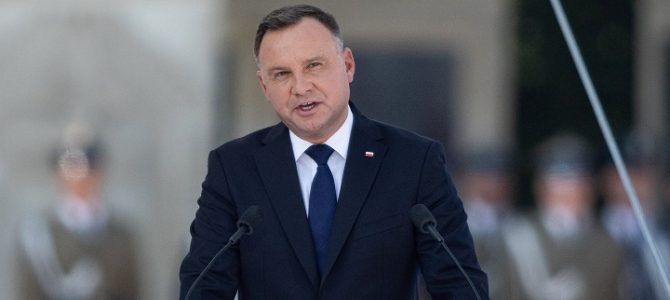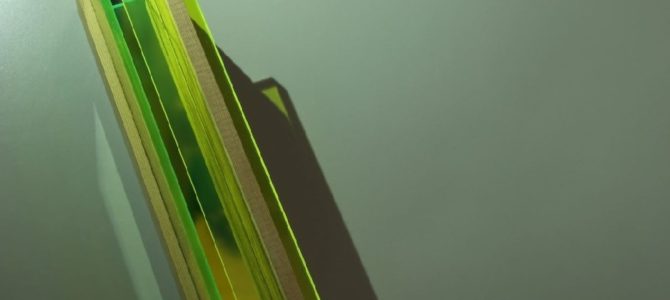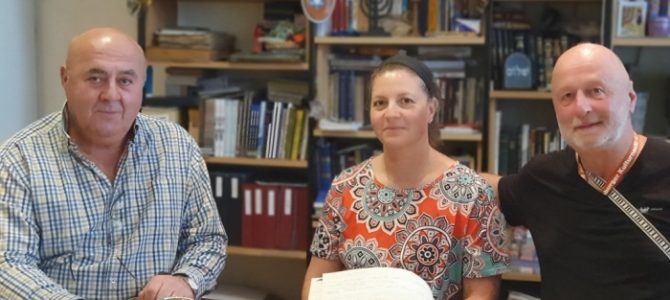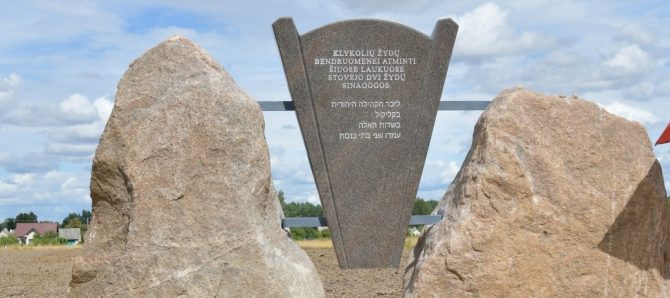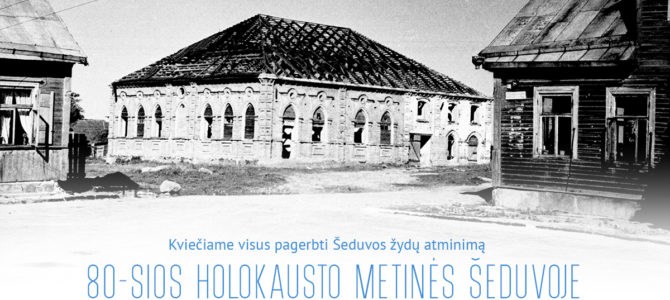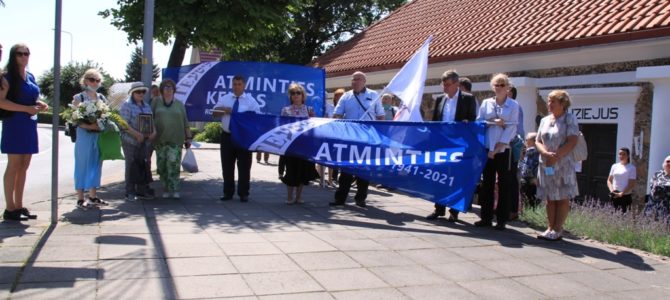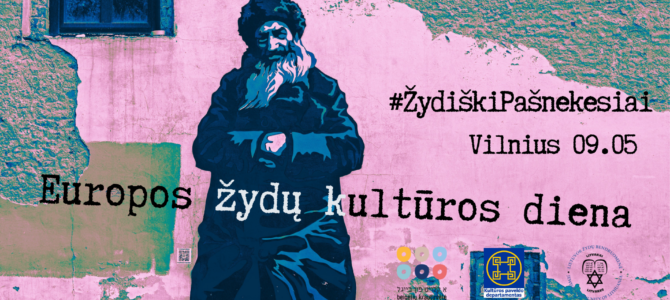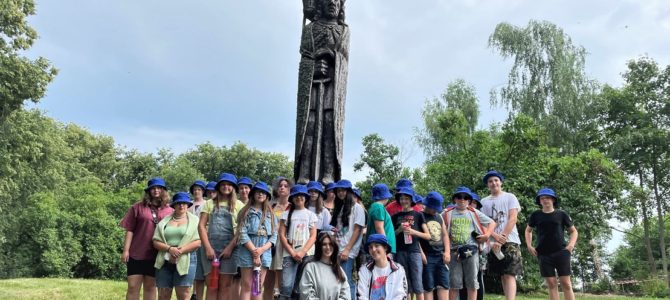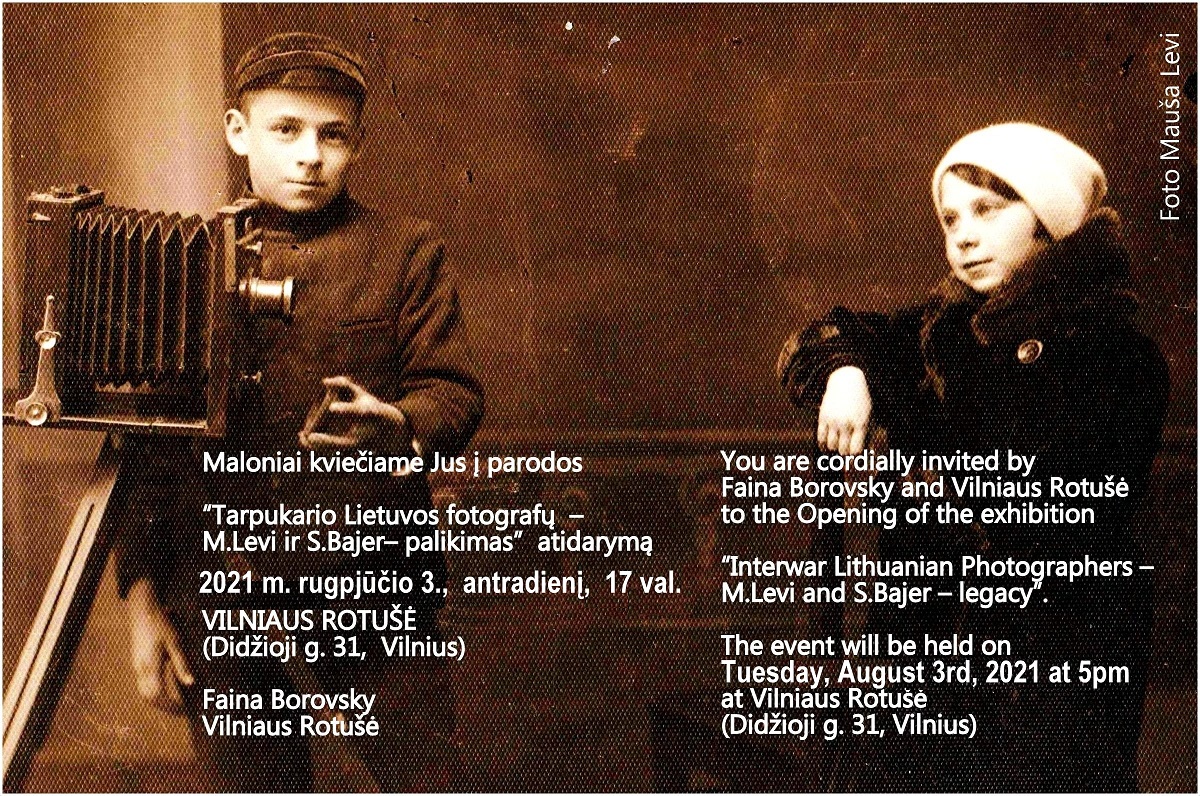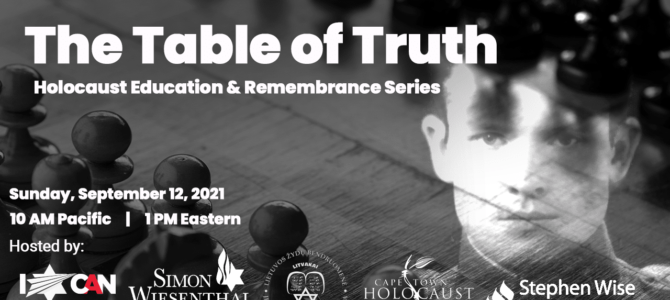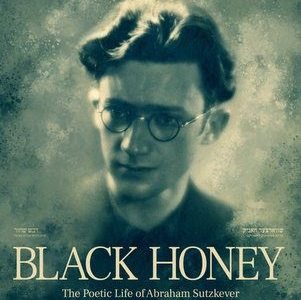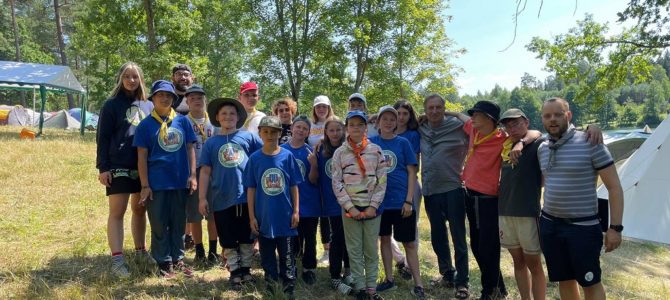Jon Seligman of the Israeli Antiquities Authority delivered a lecture called “The Great Synagogue of Vilnius: Finds from the Past and a Vision of the Future” in the evening on August 24 in the Jascha Heifetz hall on the third floor of the Lithuanian Jewish Community in Vilnius.
Lithuanian Jewish Community chairwoman Faina Kukliansky made use of the occasion to present the Year of the Vilna Gaon and Litvak History commemorative medallion to Jon Seligman for his work keeping Litvak traditions, learning and the Litvak cultural legacy alive.


